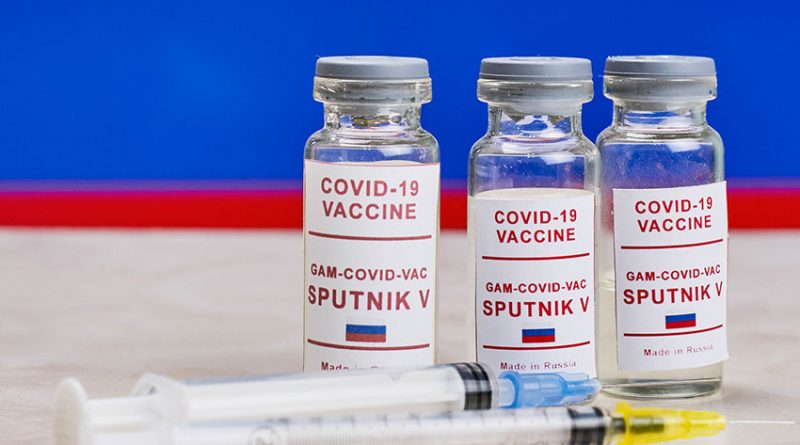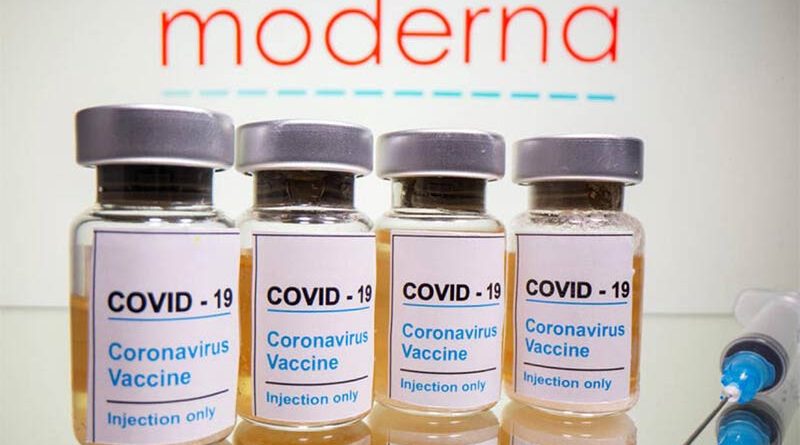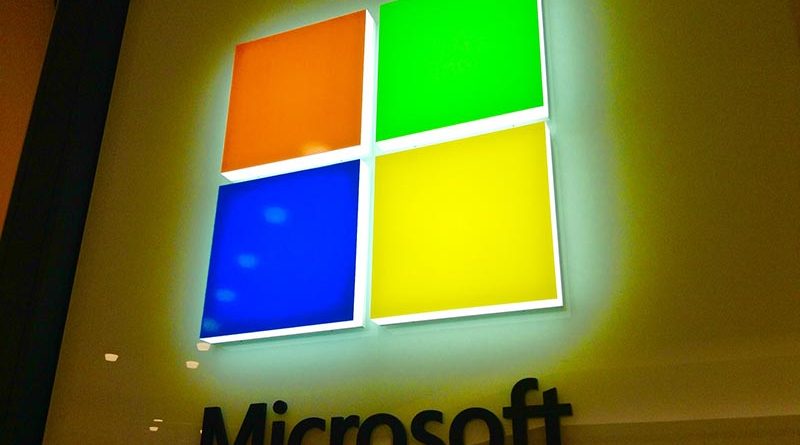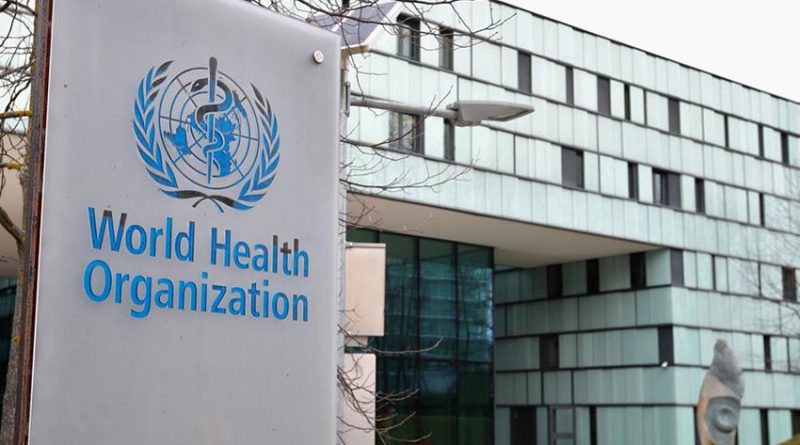Algeria has held discussions with Russia about the possibility of producing Moscow’s Sputnik V COVID-19 vaccine.
Talks to manufacture the vaccine in Algeria took place during a meeting between Prime Minister Abdelaziz Djerad and Russian ambassador Igor Beliaev, the prime minister’s office said.
“The two parties agreed to initiate contacts between the competent services of the two countries with the aim of establishing a bilateral cooperation…,” it said in a statement.
Algeria started its vaccination campaign on Saturday, a day after receiving 50,000 doses of Sputnik V. A shipment of the AstraZeneca vaccine is due to arrive on Monday.
Algeria has so far reported 107,339 confirmed cases of the coronavirus and 2,891 deaths.
MORDENA Inc says ita COVID-19 vaccine produced virus-neutralizing antibodies in laboratory tests against new coronavirus variants found in the UK and South Africa.
A two-dose regimen of the Moderna COVID-19 vaccine is expected to be protective against emerging strains detected to date, the company said.
Moderna, however, said it would test a vaccine booster against the South Africa variant in pre-clinical trials to see if that would be more effective in boosting antibodies against the variant and other future variants.
Although all viruses mutate constantly, scientists are concerned about the mutations discovered in Britain and South Africa because they are believed to be capable of altering key functions of the virus.
MICROSOFT Corp, health insurer Cigna Corp and Mayo Clinic are part of a coalition pushing for digital records of people who get vaccinated against COVID-19.
A key aim of the project, called Vaccination Credential Initiative, is to help people store encrypted digital copies of their immunization records in a digital wallet of their choice, the companies said in a joint statement on Thursday.
These records could eventually be used, with an individual’s consent, by colleges that are trying to re-open or even for entry into concerts in the future, Joan Harvey, an executive at Cigna unit Evernorth told Reuters.
The coalition wants to provide governments and employers access to a “solid, widely accepted verification program” that could help them bring people back to work and resume public events, Harvey added.
The coalition has initially partnered with organizations such as hospitals and pharmacies that are administering the vaccines, said Brian Anderson from Mitre Corp, one of the members of the initiative.
Other companies that are part of the initiative include Salesforce, Oracle Corp and Cerner Corp .
In the United States, where vaccines from Pfizer Inc and Moderna Inc have been authorized for emergency use, vaccinated individuals receive a vaccination card or printout.
The current system does not readily support convenient access and sharing of vaccination records, the companies said.
Individuals without smartphones would receive paper-based QR codes which link to their vaccine records.
THE World Health Organization has refrained from advising proof of COVID-19 vaccination or immunity as a condition for international travel, citing “critical unknowns” regarding their efficacy in reducing transmission and limited availability.
The WHO’s Emergency Committee, composed of 19 independent experts, held its sixth meeting in a year as the global death toll from the pandemic reached two million among more than 90 million cases.
The experts issued a series of recommendations, which WHO Director-General Tedros Adhanom Ghebreyesus accepted and sent to the U.N. agency’s 194 member states, a statement said.
“At the present time, do not introduce requirements of proof of vaccination or immunity for international travel as a condition of entry as there are still critical unknowns regarding the efficacy of vaccination in reducing transmission and limited availability of vaccines,” the WHO panel said.
“Proof of vaccination should not exempt international travellers from complying with other travel risk reduction measures.”
Didier Houssin, panel chairman, said that there was currently a “great disparity” among countries about testing, quarantines and travel bans, leading to the world being “a little bit paralysed, a little bit confused”.
Its advice to WHO was to “take a strong lead in order to produce clear guidance and scientifically based guidance about how best to facilitate and permit the circulation of people in a safe manner by air, by sea”, he told a news conference.
Mike Ryan, WHO’s top emergency expert, said: “What the committee is saying is ‘at this present time’, scientific evidence is not complete, there isn’t enough vaccine and therefore we shouldn’t do that now and create an unnecessary restriction to travel.
“So we are trying to protect the travel space and ensure economies are not entirely isolated,” he added.
Britain is tightening border controls from Monday to block new variants of COVID-19, suspending all “travel corridor” arrangements that had meant arrivals from some countries did not require quarantine.
The WHO panel urged countries to monitor virus variants such as those identified by Britain and South Africa to assess the effects on the efficacy of vaccines, drugs and diagnostic tests.
It called for promoting technology transfer to low- and middle-income countries with the potential capacity to accelerate global production of COVID-19 vaccines.
Further research was also needed on “critical unknowns about COVID-19 vaccination efficacy on transmission, duration of protection against severe disease and asymptomatic infection” as well as the duration of immunity following infection or vaccination, and protection after a single dose, the panel said.




